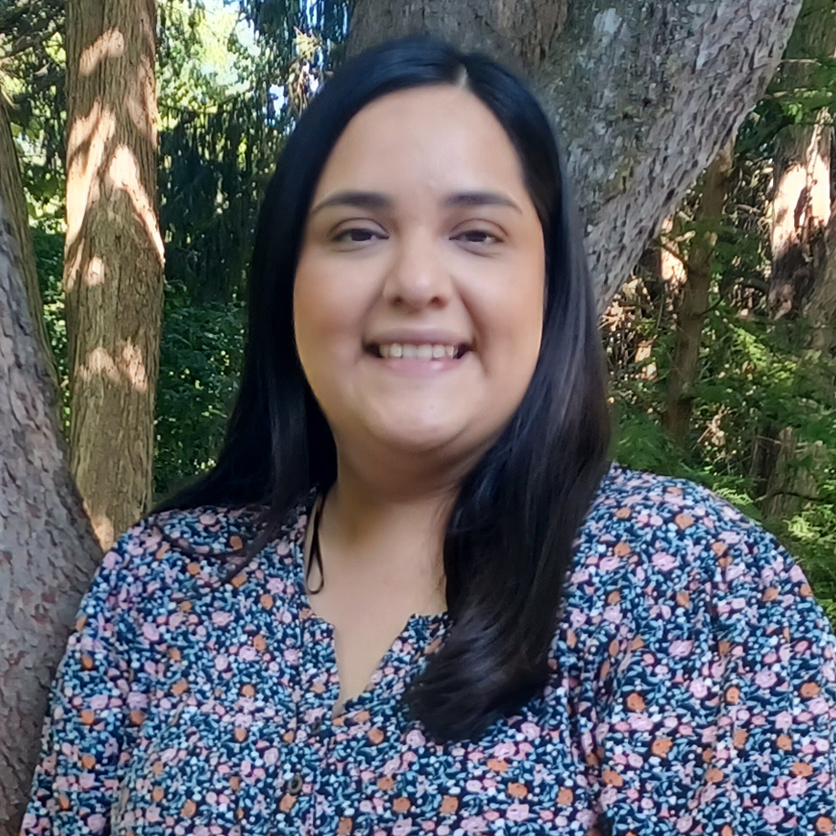Becoming a Cycle-Breaker: Understanding and Breaking Generational Trauma Cycles in Therapy
- Jasmine Martinez, LSW

- Apr 25, 2025
- 4 min read

Generational cycles are patterns of behavior, trauma, and beliefs that are passed down from one generation to the next. These cycles can shape the way we view ourselves, our relationships, and the world around us, often without us even realizing it. Whether it’s inherited trauma, unhealthy communication styles, or beliefs, these patterns can create invisible barriers that hinder our personal growth and happiness.
Generational cycles are often rooted in family dynamics, where behaviors, attitudes, and coping mechanisms are learned and passed on. This can include:
Generational Trauma: Events like abuse, neglect, addiction, or financial instability can create lasting emotional scars that affect each generation. Historical and ongoing societal traumas, such as racism, colonialism, or poverty, can also impact families for generations. Trauma can be internalized and perpetuated through behaviors, emotional or survival responses, and even through changes in the brain and body that are passed down.
Communication Patterns: Families often have unspoken rules about how to communicate. Some may avoid conflict at all costs, while others may default to anger or silence. These patterns can influence how individuals express themselves and interact with others in adulthood.
Beliefs and Expectations: From career choices to the way we view relationships, the beliefs instilled in us by our parents or guardians often shape how we approach the world. These expectations can feel restrictive, leaving little room for individuality and self-expression.

How Therapy Helps in Breaking Generational Trauma Cycles
Therapy can be a transformative tool in healing from generational cycles. Here’s how:
1. Building Awareness
The first step in breaking any cycle is awareness. Many of us are unaware of the patterns that influence our behavior because they’ve become so ingrained in us. Therapy helps bring these unconscious behaviors to the surface, allowing us to examine them and understand where they come from. Whether it’s a pattern of self-sabotage or repeating unhealthy relationships, therapy offers the space to gain clarity and insight.
2. Healing Old Wounds
Intergenerational trauma often involves deep emotional wounds that have been passed down through the family. These wounds may not always be addressed openly for a variety of reasons, and as a result, they continue to affect how we relate to ourselves and others. To quote psychologist and trauma-expert Dr. Mariel Buqué, “we cannot heal what we cannot see.” It is important to acknowledge why these painful cycles have continued as a result of trauma. Therapy provides a safe, compassionate environment to heal these wounds. Techniques like trauma-informed therapy, EMDR (Eye Movement Desensitization and Reprocessing), and somatic therapies help individuals process and release the emotional charge tied to past traumas. These therapy modalities often include equipping and helping individuals discover the unique tools, strengths, and adaptive mechanisms necessary to begin the healing work.
3. Developing New Coping Mechanisms
For many of us, the coping mechanisms we learned growing up may no longer serve us in adulthood. Whether it’s people-pleasing, withdrawing emotionally, or resorting to anger, these habits often perpetuate negative cycles. Therapy helps individuals identify and replace unhealthy coping strategies with healthier, more adaptive ones. This might involve learning how to set boundaries, practice mindfulness, or develop emotional regulation techniques.
4. Challenging Beliefs
Beliefs such as “I’m not worthy of love,” “Money doesn’t grow on trees,” or “You have to be tough to survive” can keep us stuck in old patterns. These beliefs are often passed down through generations and can shape how we view ourselves and our place in the world. Therapy encourages individuals to challenge these limiting beliefs and replace them with empowering ones. By exploring the origins of these beliefs and questioning their validity, individuals can begin to break free from the constraints they’ve imposed on themselves.
5. Building Your Own Narrative
Therapy helps individuals reframe their own story. Rather than seeing themselves as victims of generational cycles, they can begin to see themselves as survivors and change-makers or cycle-breakers. By acknowledging the pain of the past without being defined by it, individuals can rewrite their personal or family narrative. This new story can focus on resilience, growth, and the power of transformation, creating a positive foundation for future generations.
6. Fostering Healthier Relationships
Breaking generational cycles isn’t just about individual healing; it’s also about improving relationships with loved ones. Therapy can help individuals learn how to communicate more effectively, set healthy boundaries, and engage in nurturing, supportive relationships. This not only benefits the person in therapy but also creates a ripple effect that positively impacts those around them collectively, including their children, partners, and friends.
The Power of Generational Healing
When one person takes the brave step to seek therapy and break free from unhealthy cycles, they not only heal themselves but also set a new course for future generations. As individuals heal, they create space for future generations to thrive in healthier environments, leading to a generational shift toward more positive, empowered lives. While the work is not easy, and healing takes time, therapy offers a path toward breaking free from the chains of the past.
We can help! Schedule a free consultation now.

If you are interested in learning more about how to “break the cycle” and would like to connect with a therapist at Bodhi Counseling & Consulting, contact us now for a free consultation.



Comments